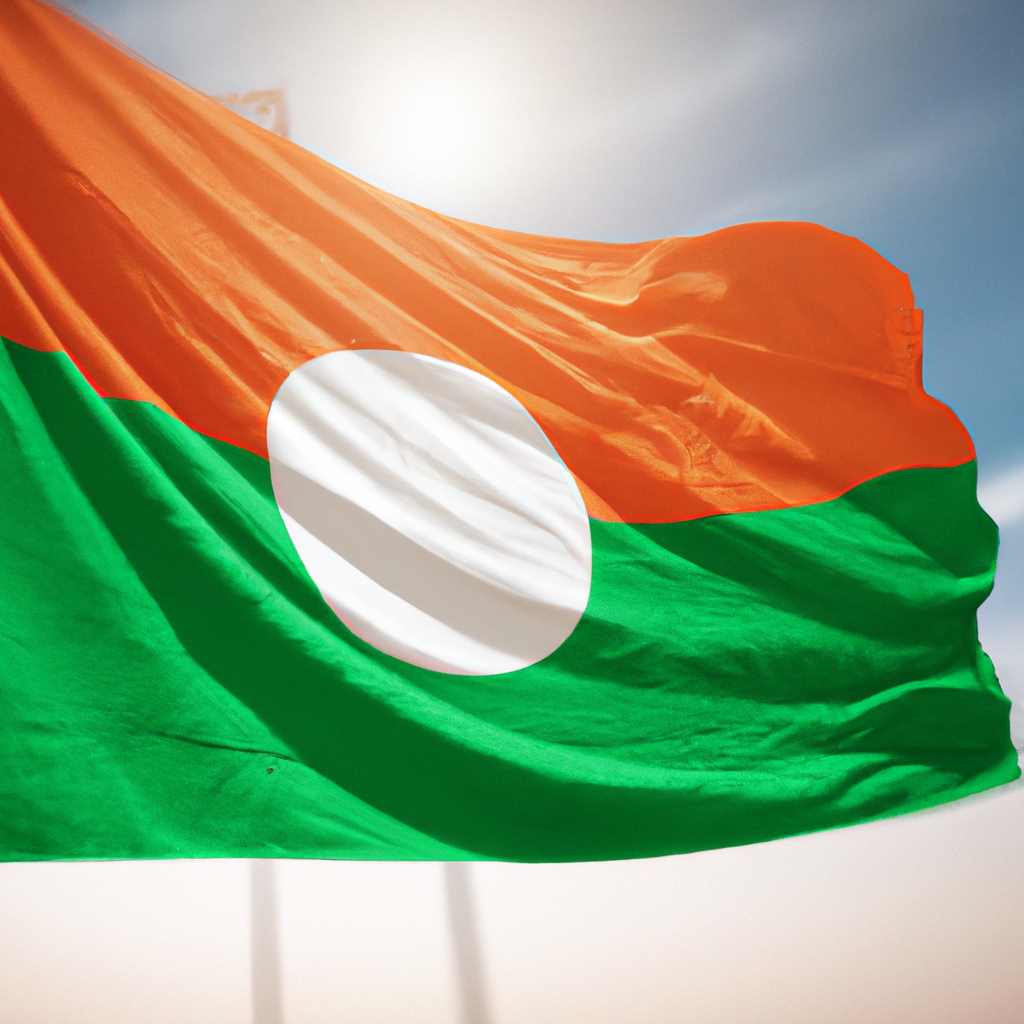In a significant development on the international stage, the West African nation of Niger has declared a suspension of all cooperation with the Organisation Internationale de la Francophonie (OIF), according to statements from the country’s military leaders. This move reflects Niger’s increasingly independent stance from France, its former colonial ruler, and signals a shift in its foreign relations.
The OIF, comprising 88 member states and governments, has been critiqued by Niger’s ruling junta as a mechanism predominantly used by France to safeguard its own interests. This accusation was prominently aired on national television by a spokesperson for Niger’s junta, highlighting a growing sentiment of post-colonial introspection and autonomy within the country.
Niger’s military junta, which assumed power following a coup in July, has been subject to considerable international criticism, notably from Western countries including France. One of the junta’s notable actions was the expulsion of French military forces, previously stationed in Niger to assist in combating a decade-long Islamist insurgency. This move underscores a broader reassessment of Niger’s security policies and international alliances.
Prior to this announcement, the OIF had already reduced its cooperative activities with Niger in response to the military takeover, focusing on maintaining programs that directly benefit civilian populations or contribute to the restoration of democratic governance. The organization’s primary objectives include promoting the French language, supporting peace and democracy, and encouraging education and development in Francophone countries, many of which are ex-colonies of France.
In a striking declaration, the junta called upon African nations to “decolonise their minds” and promote their native languages. This appeal is aligned with the ideals of the founding fathers of Pan-Africanism and represents a significant cultural and ideological shift in the region.
Furthermore, the junta issued a statement indicating that the duration of its control over the nation is yet to be determined. The length of this transitional period will be decided following an inclusive national dialogue, the details and timing of which remain unspecified.
Niger’s decision to suspend cooperation with the OIF marks a critical juncture in the nation’s history and has broader implications for the Francophone world. It reflects a growing trend among African nations to redefine their post-colonial relationships and assert their sovereignty in international affairs. The junta’s actions are indicative of a desire for greater national autonomy, particularly in the realms of security, culture, and language.
This suspension is more than a diplomatic decision; it is a bold statement of Niger’s aspiration for greater self-determination. As the country navigates through this transitional phase, it stands at a crossroads, confronting its colonial legacy and striving to forge a new future.
The impact of Niger’s stance extends beyond its national borders, potentially influencing the dynamics of Francophone Africa’s relationship with France and other former colonial powers. This move could inspire similar actions by other countries in the region, indicating a shift in the geopolitical landscape.
As Niger embarks on this path of redefining its national identity and global role, it represents a nation asserting its right to self-governance and cultural independence, a step away from the influences of its colonial past.






